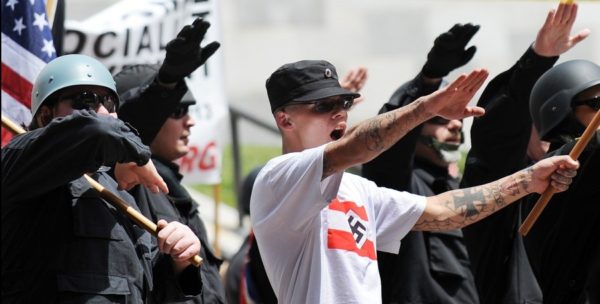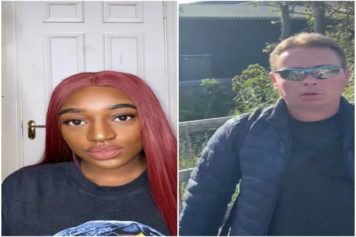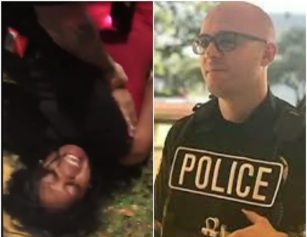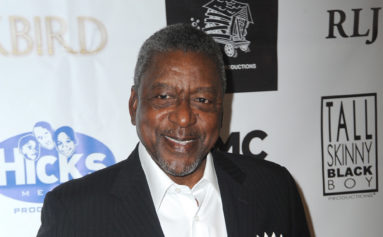In a 2012 piece, Jamie Utt poses the following question in response to the mass shooting in Colorado: “Why is no one asking what’s wrong with White Men in the United States?”
Utt makes the argument that if it were another group, exhibiting this pattern of violent behavior, the question would be inevitable. However, white male privilege insulates other white men from being saddled with the behaviors of individuals as being attributed to them as a group.
Vast amounts of dollars are spent studying the behavior of “others,” with the majority of these studies being conducted by white males. However, there are few comprehensive studies that focus specifically on psychosocial behaviors of white males. The majority that examine white privilege and white supremacy do so in terms of the psychosocial impact on non-whites and women. Few look at how whiteness and maleness, when combined, not only sustain inequitable power structures, but aid in the creation of new institutions of oppression.
Dixon D. White, who has garnered a significant amount of attention for his YouTube videos about white supremacy, says that as a white male, he’s been “analyzing young white men” for a while.
“In the media, it’s always black people being stereotyped, but it’s important to recognize when you live in a white supremacist society with privileges and entitlement it creates a type of psychosis. There’s white fear that comes into play, not wanting to lose all these resources you have as a result of white supremacy… you’re living in an illusion of elitism. Then there’s the fear of black retribution. We are always projecting the evils that we have done onto other cultures. Any lie of supremacy, when you try to live out those lies, you tend to try and make everything perfect around you and control things and there is a big cost to this… seeing people act out is a result.”
One of the outcomes of this illusion is what White calls, W.A.R.P.: White American Racial Psychosis.
“There are certain crimes that are unique to white people,” he says. “Serial killing, mass killings, the anger issues and it’s all symptomatic of white supremacy.”
W.A.R.P. is part of what White says is “a grand old tradition” of “nobody wanting to deal with this huge elephant in the room,” not of race, but of white supremacy.
“This tradition of not addressing white supremacy has a profound impact on our culture. This thing has to be addressed, we can’t neglect, ignore it, sweep it under the rug and act like it will go away, it’s not. As white people we don’t want to face our reality. We are neglecting the responsibility of what we’ve done. We never want to address other white people psychologically. But it’s very evident and very obvious. I’ve taken online surveys and there are not many white people doing anything to address white supremacy, it’s mostly people of color. There are just a handful of us who are dressing this issue and talking to other white people about it.”
White agrees that it is hard to dismantle white supremacy without white people willing to to admit their part in upholding the system. This is one of the challenges he finds in talking with other white people, specifically white males, the “endless saga of white racial defensiveness.” These are the people whom he says, “just don’t want to be reached,” and will find countless excuses to expel the conditions that plague people of color—who are victimized by white supremacy as problems they neither contribute to nor benefit from.
“These [defense mechanisms] are the tools that support white supremacy. White people keep finding new, clever ways to be offensive and deny that racism and white supremacy exist, saying things like ‘all lives matter.’ It’s discouraging, but that’s why I continue to talk about it because we have to deal with it. This is the biggest problem in our society.”
Without serious investigation and in-group culpability, dismantling white supremacy is virtually impossible because the desire to protect it is so strong. Society at large must come to the realization that these types of behavior are pathological and deeply embedded in white male identity. Racially charged murders like that in Charleston this past summer, and reports of chants of “white power” at Trump for President campaign rallies chanting are not isolated incidents. They are part of an unending cycle that continues to reproduce itself at the expense of people of color.
White knows there is little hope these kinds of white men will change because they know their stake in white supremacy is so deep. He knows that white men are not willing to view themselves as the root cause for the decay in our society, but more so the savior of it. For that reason, research into the psyche of white men will always be lacking.



